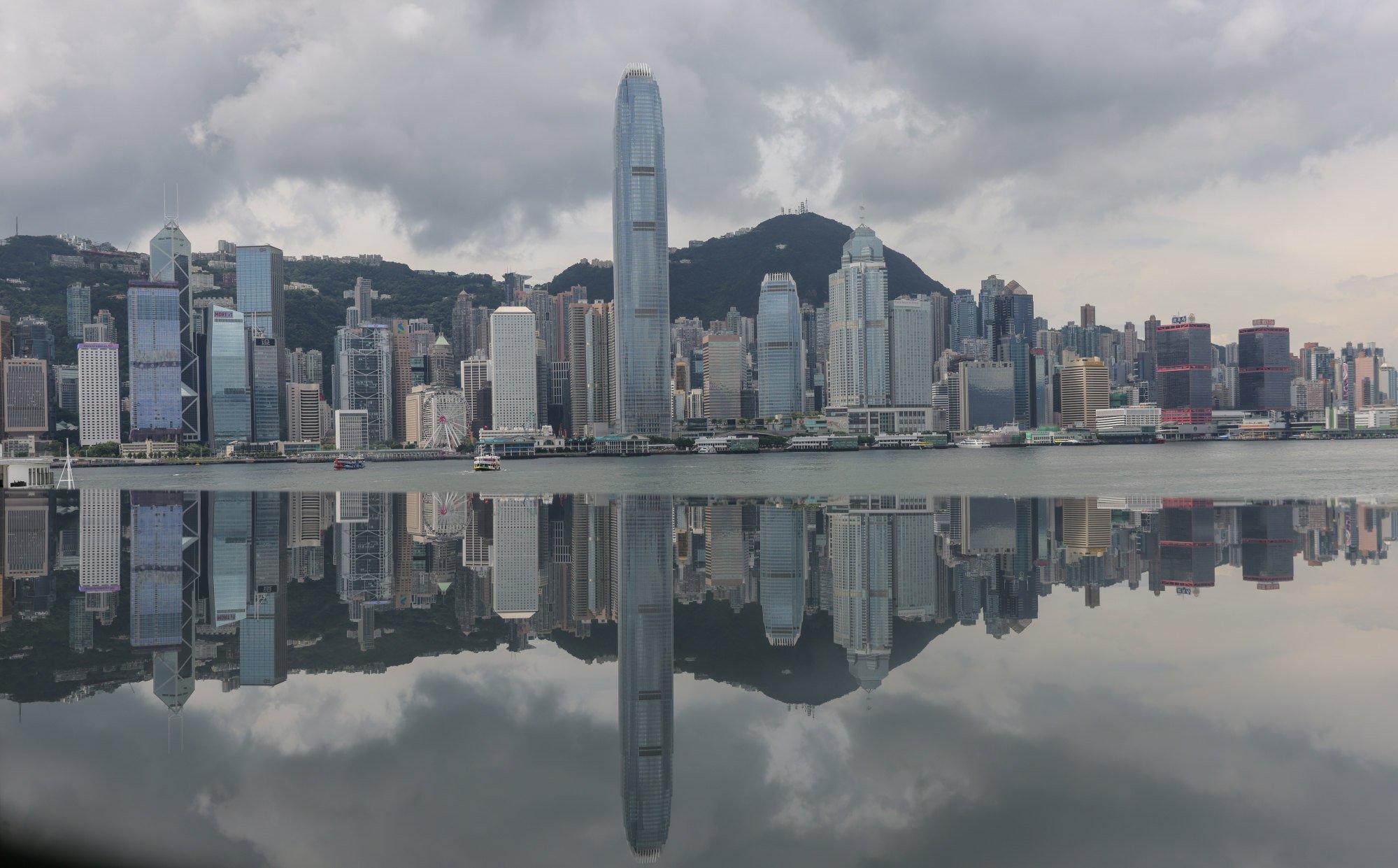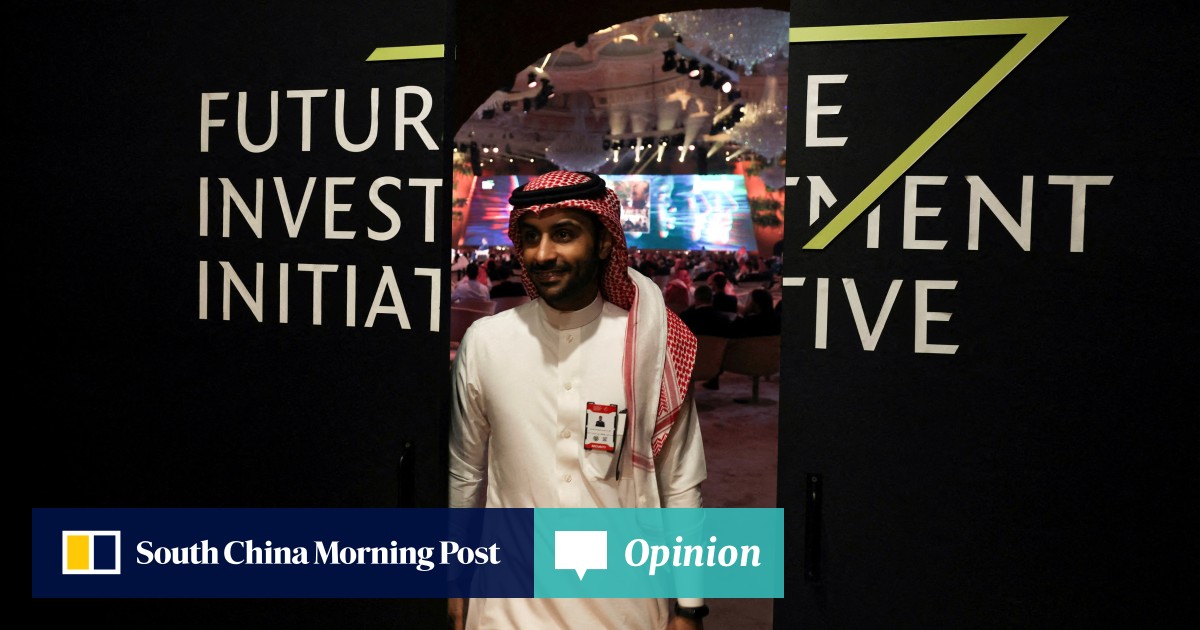On the cusp of what many visionaries hail as “the Asian century”, a palpable wave of anticipation is surging. Historically, while industrial Europe shaped the 19th century and the US soared in the 20th, it is now Asia’s moment to shine, on a wave of economic momentum.
This Asian ascendancy is not just logical, it’s deeply compelling.
The ongoing FII summit in Riyadh, organised by the Future Investment Initiative Institute, is filled with excitement as it contemplates the notion that the next few decades will be painted with the vibrant strokes of Asia. Here, economies are not just growing – they’re thriving.
Factor in the dynamism of Southeast Asia and the esteemed prowess of Japan and South Korea, and the tapestry of the “Asian century” becomes rich and vivid.
Considering the treasure troves of central Asia and Asiatic Russia, by 2050, Asia might cradle over half of humanity, reflecting that immense economic weight.

This heralds new hope for millions of people who have struggled with the constraints of minimal living standards and resource exploitation by affluent Western economies, some of them tinged with colonial undertones.
In these transformative times, marked by geopolitical shifts, the call for innovative global governance grows louder. While the United Nations has been a bulwark against global conflicts, its effectiveness in averting regional conflicts is questionable.
The 2008-2009 financial meltdown highlighted the fragility of Western capitalism, casting doubts on the American financial system. Asia is poised to shape its own governance ethos, addressing pressing challenges from climate change to the nuances of AI.
In this grand tableau, the Middle East emerges as a pivotal nexus, bridging East and West, North and South, crafting a rich mosaic of ideas. In Riyadh, the FII is addressing the issues and challenges that face the whole world, of course, but which in particular are of great relevance to the policymakers planning the Asian century.
High up the agenda this year are the pressing issues of climate change – perhaps the subject most on the minds of policymakers from Shanghai to San Francisco. With some of the world’s greatest energy experts on stage at FII, there will be intense scrutiny of the policy decisions necessary to ensure humankind can reach its targets on the road to achieving our agreed sustainability goals.
The forum is also presenting its own recommendations, in the form of resolutions based on extensive research over the past year, to guide and shape future policy towards the challenge of AI.
Expect China’s AI firms to get a helping hand from regulators
Expect China’s AI firms to get a helping hand from regulators
Global investment flows – a subject of crucial interest to Asia and other parts of the Global South – will also come under the FII microscope. In-depth work the institute has been conducting over the past year on a global level suggests that current guidelines on environmental, social and governance (ESG) investment criteria are inappropriate for the emerging market economies that will drive economic growth for the rest of this century, and have to be recalibrated.
After the Riyadh summit, the FII Institute will carry this energised dialogue to Hong Kong, highlighting Asia and the Middle East’s centrality in global mega trends spanning climate, technology and innovation.

Our pressing mission? To amplify dialogues that champion the potential of the Asian century, benefiting humanity at large.
The world’s gaze shifts inexorably eastward, and resisting this tidal shift is not just futile but a lost opportunity for growth and unity.
Richard Attias is CEO of the Future Investment Initiative Institute

